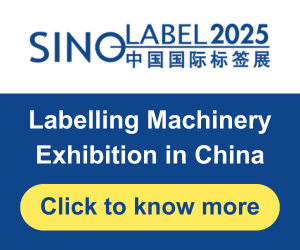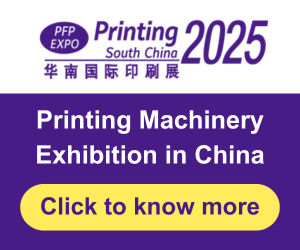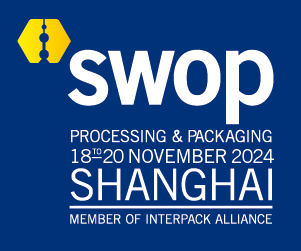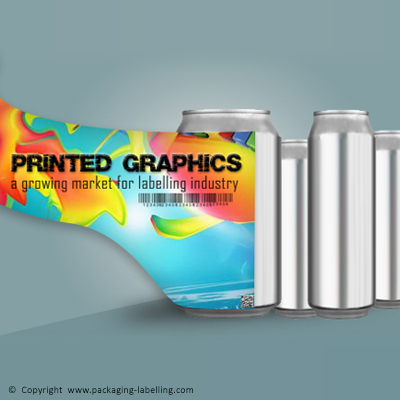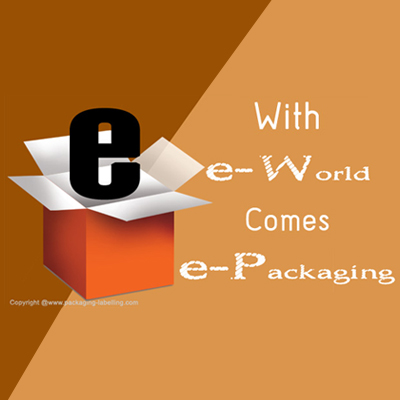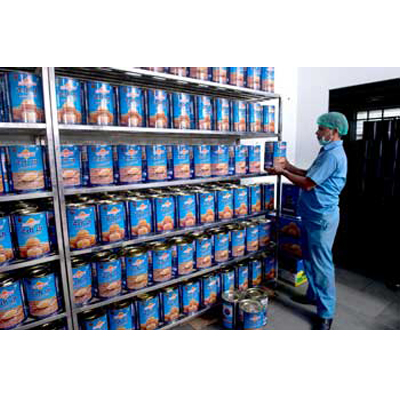Impact of COVID-19 on Labels Industry: Key Findings
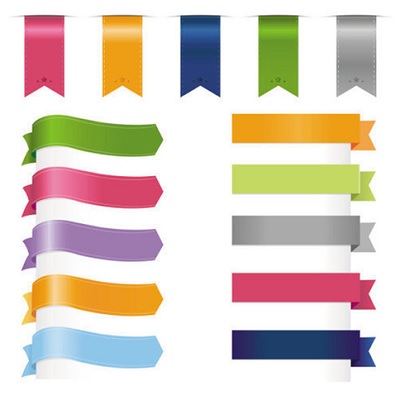
The labels market is at the cusp of some very significant changes and these are taking it on a high growth trajectory over the period of 2019 to 2027. Technology plays a key role in propelling growth in the market and determine market share for players operating the playfield. Some of the factors that are massive contributors to growth is going demand for pressure sensitive labels owing to their cost and versatility and increasing efficacy – an outcome of aggressive and proactive measures from players.
The versatility and cost-effectiveness of pressure sensitive labels (PSL) are contributing toward market growth. Light application of pressure without the need for heat, water or solvent are attributing to PSL’s easy-to-use features in the food industry. As such, the revenue of PS labels is anticipated for exponential growth in the labels market, where the global market is estimated to be valued at ~US$ 51 Bn by the end of 2027. Thus, to boost their credibility credentials in the market landscape, manufacturers are increasing their efficacy in PSL made from recycled materials.
Radio Frequency Identification (RFID) is emerging as a game changer in the labels market. RFID inlays are being embedded by PS labels that deploy intelligent labeling solutions to stakeholders in the food industry. As such, the ever-evolving food industry is generating maximum incremental opportunities for label manufacturers. On the other hand, the RFID technology is being used for tracking, authentication, and anti-counterfeit of goods.
Linerless Labels Boost Productivity Levels in Retail and Logistics Sector
Companies in the labels market are broadening their scope for revenue opportunities by increasing their production capacities in linerless labels. For instance, Mitsubishi Hitec Paper Europe— an innovator of high-quality coated specialty papers, is acquiring global recognition by manufacturing environmentally responsible and versatile linerless labels.
Linerless labels are gaining prominence in both retail and logictics applications. These novel labels can be used with mobile printers as well as with robust industrial printers. Such innovations are bolstering volume growth in the labels market, where the global market is estimated to reach an output of ~85,100 million square meters.
Advantages of linerless labels are benefitting stakeholders in the retail and logistics sector, owing to its attributes of material savings. Abundance of labels per roll are helping to reduce transportation and storage costs of these labels. Thus, stakeholders in the retail and logistics sector can meet their productivity targets since more labels per roll lead to less frequent exchanging of rolls.
Apart from leading players in the labels market, local and regional players that dictate ~65%-78% share of the market are gravitating toward latest innovations in inkjet printing. However, manufacturers dealing in traditional printing methods involving shrink sleeve labels such as flexographic printing and gravure printing require the need to create etched templates for each new run. Thus, manufacturers dealing in conventional printing methods are lagging behind in the global market competition. Hence, increased awareness about digital inkjet printing is helping label manufacturers to join the bandwagon of latest printing innovations.
The labels market is undergoing a change with the introduction of digital inkjet printing. As such, digital printing dictates the highest revenue among print technologies and is projected for aggressive growth during the forecast period. Digital inkjet printing is eliminating the need for plates or cylinders, thus emerging as a cost-effective choice for small batch printing.
Companies in the labels market are focusing on cast coated label papers that offer top performance. These one-of-its-kind papers are gaining prominence in wet glue labels. As such, wet glue labels account for the third-highest revenue among all product types in the market landscape. High gloss, first-class printability and good processing & finishing are becoming key focus points for stakeholders. End users are pervasively using premium label papers that create the best first impression at the point of sale. The use of premium label papers in beverage applications make rival products simply look weak. Thus, along with the food industry, the revenue of beverage end user is predicted for stellar growth in the market.
Good finishing properties of cast coated label papers such as embossing, bronzing, and metallizing are gaining consumer attention at retail stores. Its applicability in wet glue labels is anticipated to boost growth of the labels market, owing to its advantages of universal printability involving traditional and digital printing methods.




